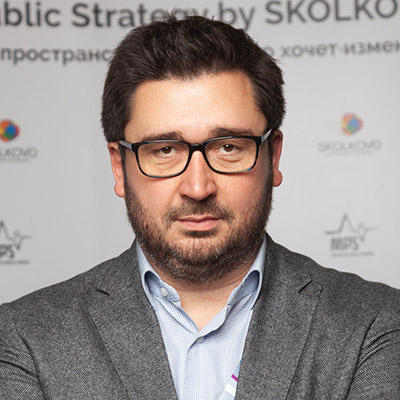RUDN Research Institute of Molecular and Cellular Medicine is the winner of the Mega-grant of the Russian Science Foundation for 128 million rubles
Project topicality
Every year in Russia, more than 4,500 people of working age die from soft tissue sarcoma (STS). Today, in most cases, STS treatment is not personalized, patients undergoing surgical resection of the tumor node, radio- and chemotherapy with a combination of cytostatics. But such treatment is effective only in 30–40% of cases, and is accompanied by a rapid development of relapses. Due to the toxicity of cytostatics, unjustified damage is caused to the patients’ health.
Modern molecular genetic technologies are needed to develop new algorithms for personalized STS treatment, characterizing in detail the tumors development at the molecular level.
Project stages
Scientists from RUDN Laboratory of Biology of Single Cells using genomic editing, RNA interference and reporter analysis will for the first time analyze the causes of tumor resistance to chemotherapy. Researchers will develop real-time PCR analysis systems, define for immunohistochemical analysis algorithms for express and publicly available molecular genetic testing of a disease for chemoresistance.
Thanks to the data obtained, it will be possible to improve tumor chemotherapy. Scientists will be able to determine ways to create new targeted drugs for STS treatment and make an informed choice of a personalized treatment.
Project methods
Research will be based on the already proven method for obtaining primary cultures of soft tissue sarcoma (STS) cells. A set of reagents will also be developed for rapid testing of genetic disorders and transcriptome changes (RNA sets) associated with the development of disease resistance to chemotherapy.
“We succeeded in winning the Mega-grant primarily thanks to the collaboration with leading scientists from the Blokhin Cancer Center and due to the opening of RUDN new laboratory of single cell biology led by Evgeny Denisov.
It was the doctors of the Association of Specialists in the Study of Sarcomas at the All-Russian Conference “Synthetic Biology and Biopharmaceuticals” who noted the need to develop a new medical product in 2022. The grant will allow the development of modern molecular genetic technologies both at RUDN University level and in the country as a whole.
“Representatives of a pharmaceutical company are already going to support the introduction of a set of reagents for rapid testing of chemoresistance in soft tissue sarcomas,” said Timur Fatkhudinov, Doctor of Medical Sciences, Professor, Head of RUDN University Research Institute of Molecular and Cellular Medicine, Head of the Department of Histology, Cytology and Embryology, RUDN Institute of Medicine.
Products derived from microalgae represent a cutting-edge development in the field of bioeconomy. The potential of this biological resource was discussed at the international research seminar “Foundations for a Green Sustainable Energy”, part of the BRICS Network University’s thematic group on “Energy”. The event was organized by the Institute of Ecology at RUDN University.
Ambassadors of Russian education and science met at a conference in RUDN University to discuss how they can increase the visibility of Russian universities and research organizations in the world, and attract more international students in Russia.
The international scientific seminar hosted by RUDN Institute of Ecology “Experience of participation in student organizations as a way to form career skills” united scholarship recipients of the International Student Mobility Awards 2024 and Open Doors, along with members of the scientific student society “GreenLab” and the professional student association “Kostyor (Bonfire)” shared their projects focused on environmental protection.
